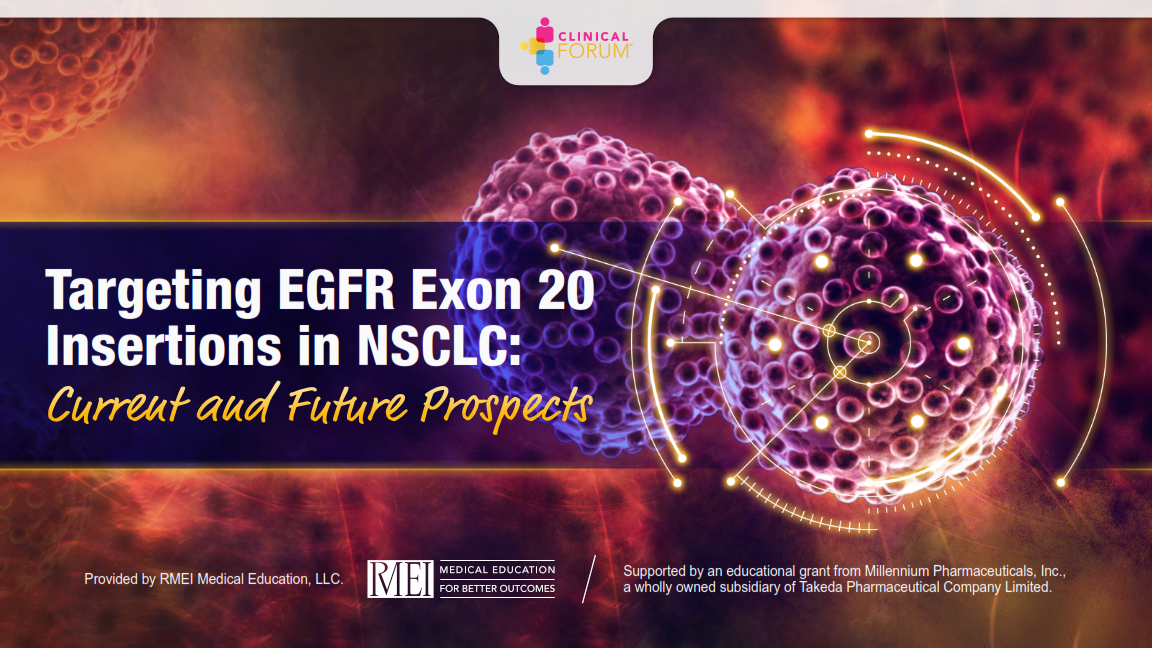
This activity begins by providing guidance on identifying EGFR exon 20 insertion mutations in advanced non-small cell lung cancer (NSCLC) and information on their therapeutic relevance. New and emerging therapeutic options are discussed, with an emphasis on the most recently presented and/or published clinical data. Learners will also receive privileged insights into the optimal management of potential adverse effects.
Upon completion of this activity, participants should be better able to:

Li Shu Fan Medical Foundation Professor, Clinical Oncology
The Chinese University of Hong Kong
Hong Kong, China

Chief, Division of Hematology and Oncology
Department of Internal Medicine
Henry Ford Cancer Institute/Henry Ford Health System
Detroit, MI

Medical Oncologist, Division of Thoracic Oncology
European Institute of Oncology
Milan, Italy
Featured RMEI CE Activities – Earn CE Credit(s)
Stay up to date with the latest RMEI CE Activities and receive Exclusive Medical Education Resources